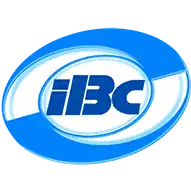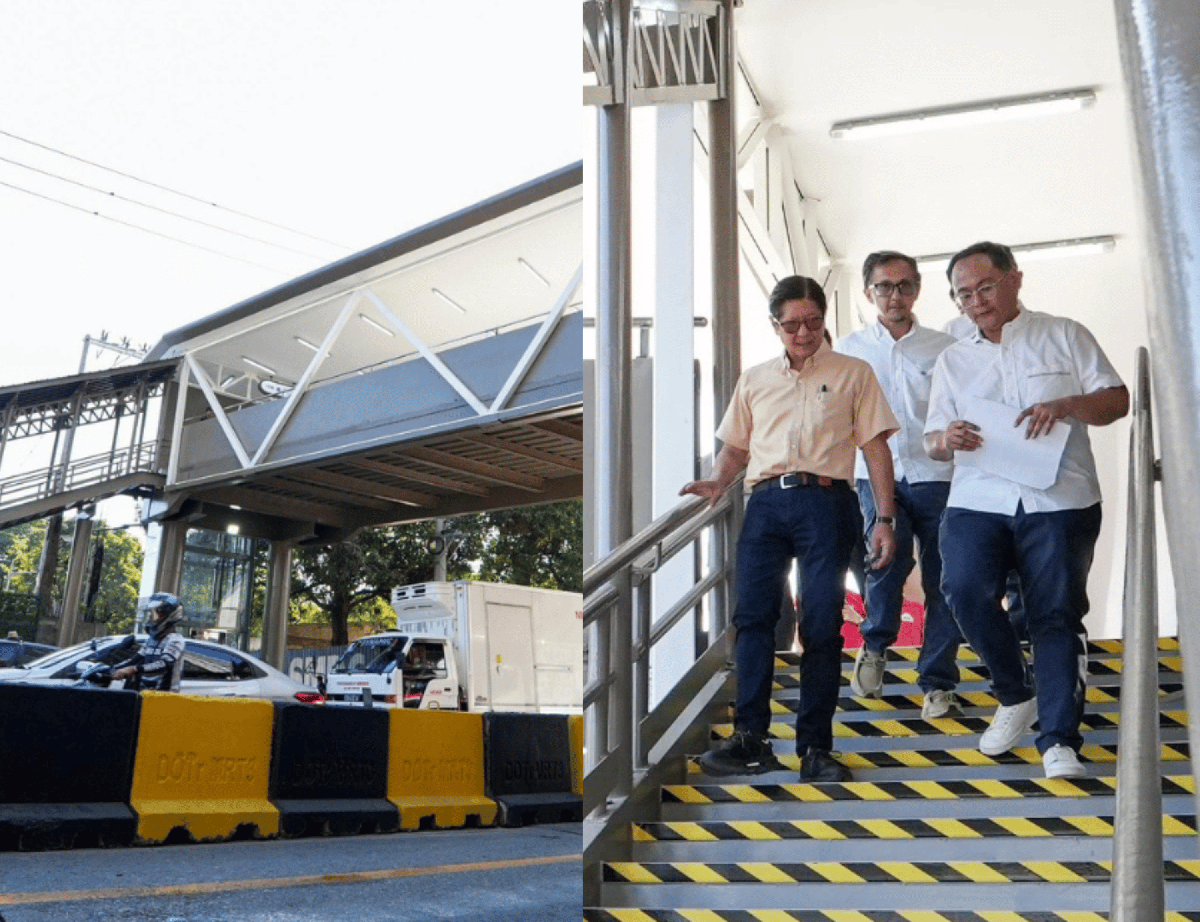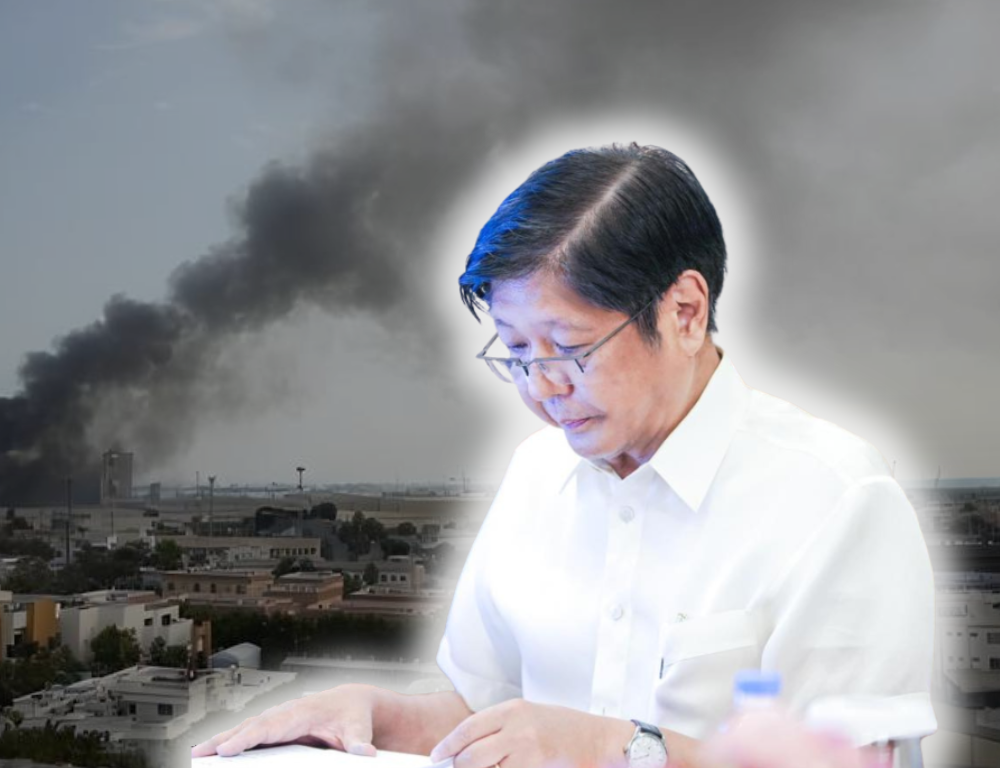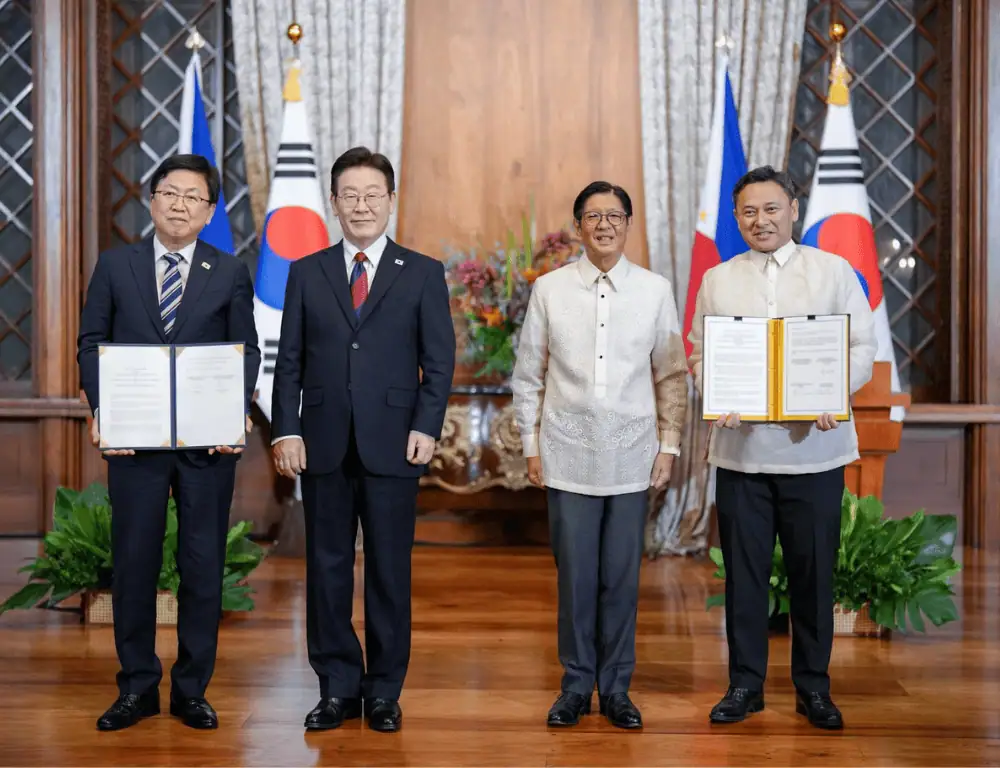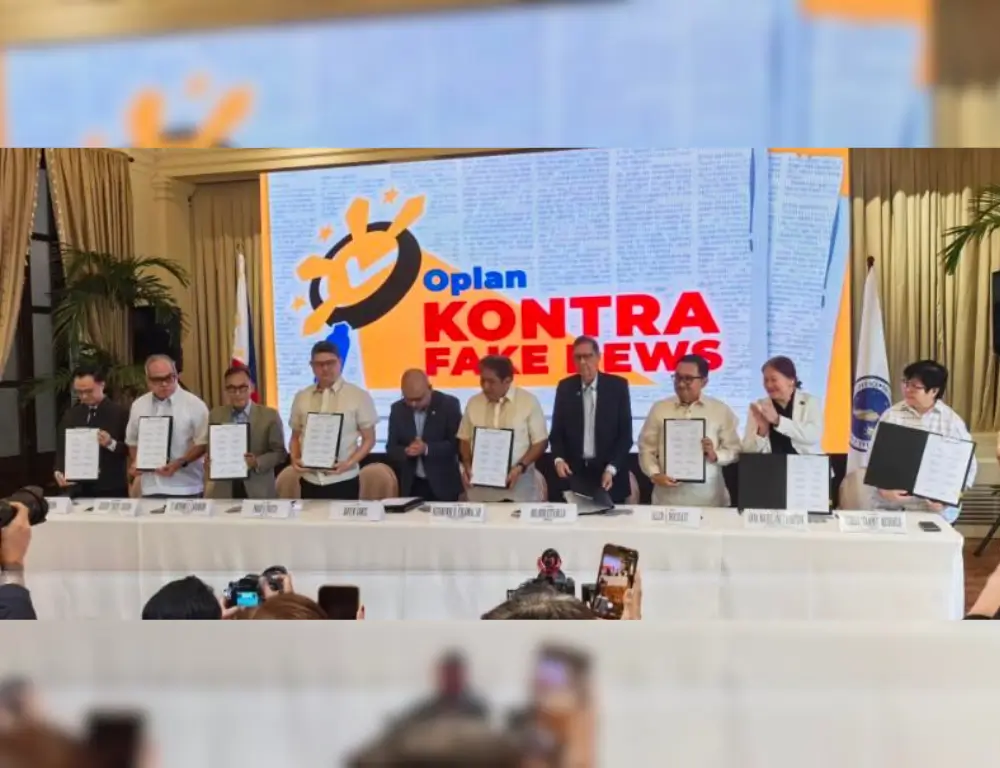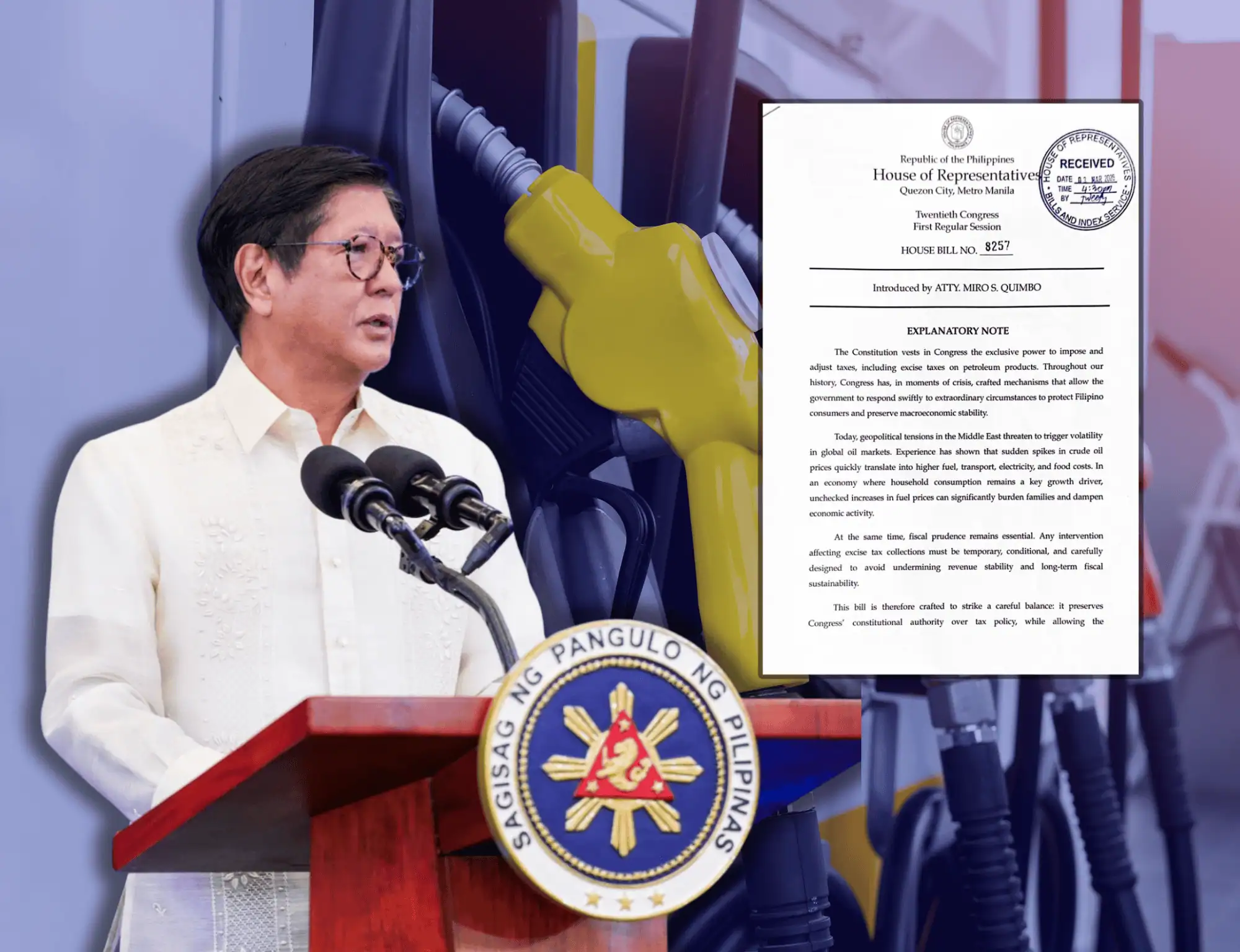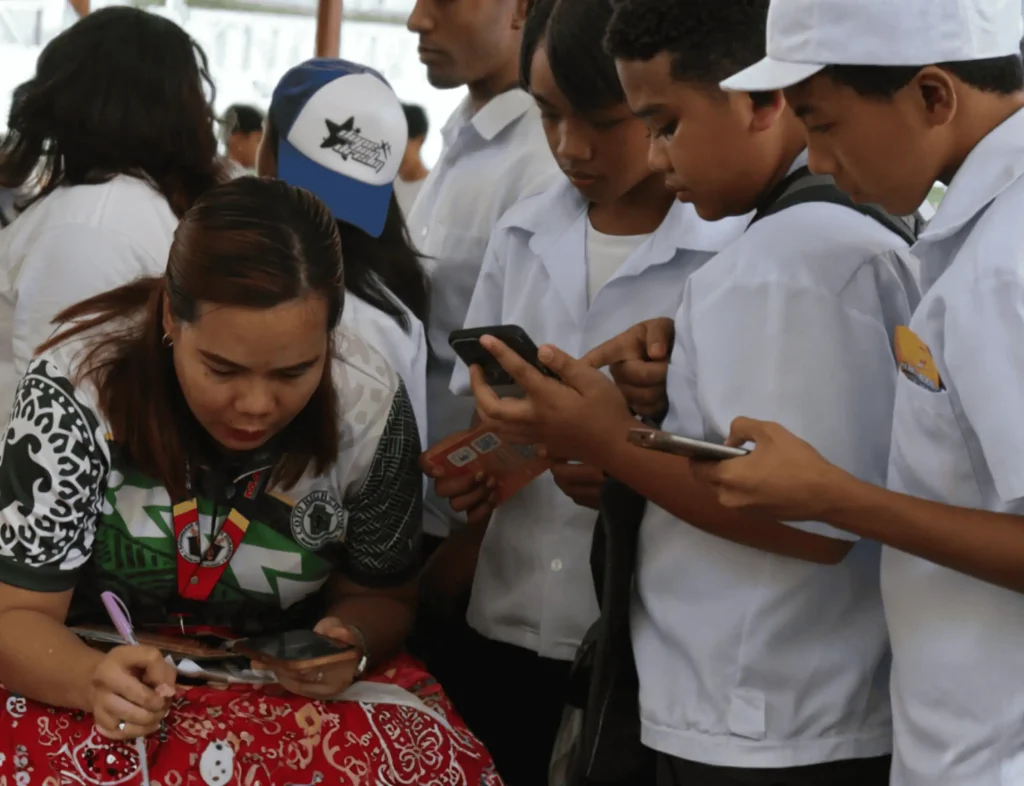
In line with the directive of President Ferdinand R. Marcos, Jr. to ensure that no Filipino is left offline, the Department of Information and Communications Technology (DICT) has awarded the contract for the Juansim ng Bayan Program – Bayanihan SIM Project. This landmark initiative will accelerate the expansion of Free Wi-Fi access and improve digital connectivity across the country.
Undertaken through competitive bidding under Republic Act No. 12009 or the New Government Procurement Act, the project highlights the Marcos Administration’s drive for transparent, efficient, and citizen-focused digital transformation.
This project will benefit 697,780 target recipients nationwide, extending digital access through Free Wi-Fi and low-cost connectivity in priority communities.
“We’re done talking about the digital divide — now we’re closing it, one connection at a time,” said DICT Secretary Henry Aguda. “This project shows that innovation in government doesn’t have to mean spending more — it means spending smarter. When we combine transparency with technology, we get what I call Digital Bayanihan: government and industry moving together to connect every Filipino,” he added.
The Bayanihan SIM Project was carried out under the guiding principles of transparency, competitiveness, efficiency, proportionality, accountability, sustainability, and professionalism.
The DICT emphasized that government procurement is a matter of public trust—not a commercial transaction but a public service duty. Through purposeful procurement, every contract is designed to maximize public benefit and deliver lasting impact on national connectivity.
The bidding results demonstrated that the awarded contract provides better value for money than prevailing market rates, proving that transparent and competitive procurement leads to greater public advantage.
The Bayanihan SIM Project embodies the DICT’s vision of Digital Bayanihan — a united national effort to make digital inclusion a shared mission between government, industry, and citizens. Through initiatives like this, the DICT continues to transform policy into progress — ensuring that technology serves the people, and that no Filipino is left offline.
